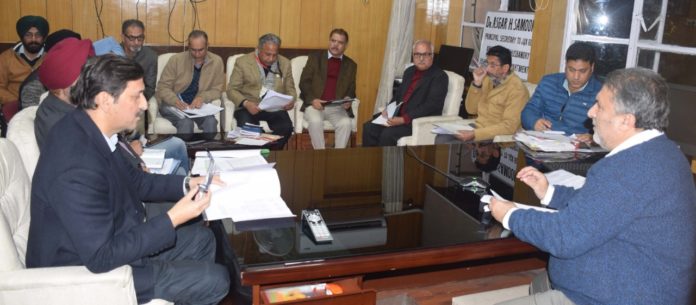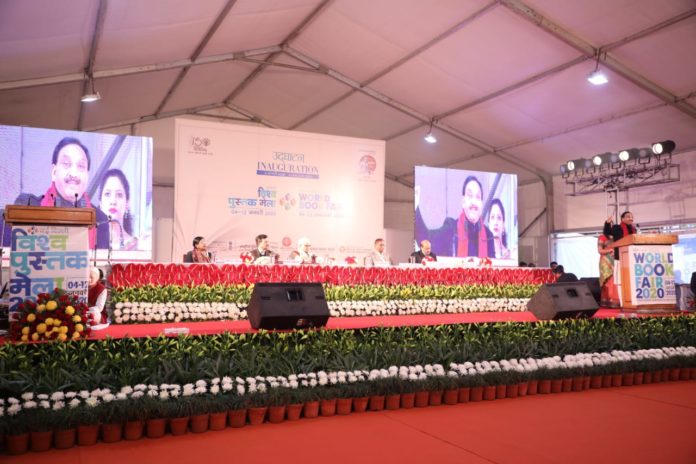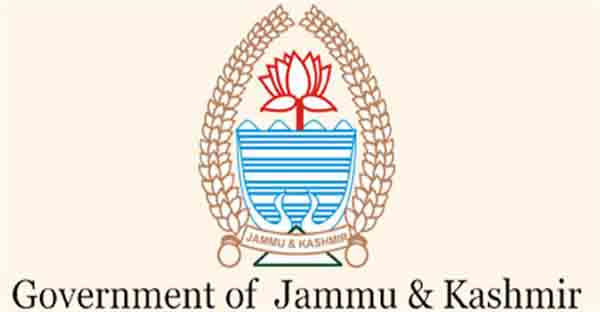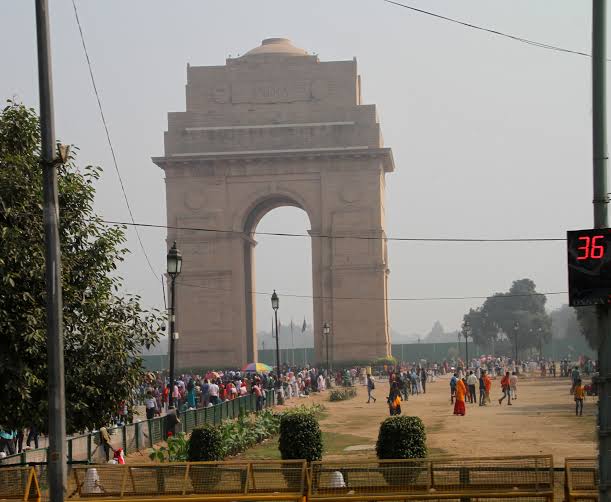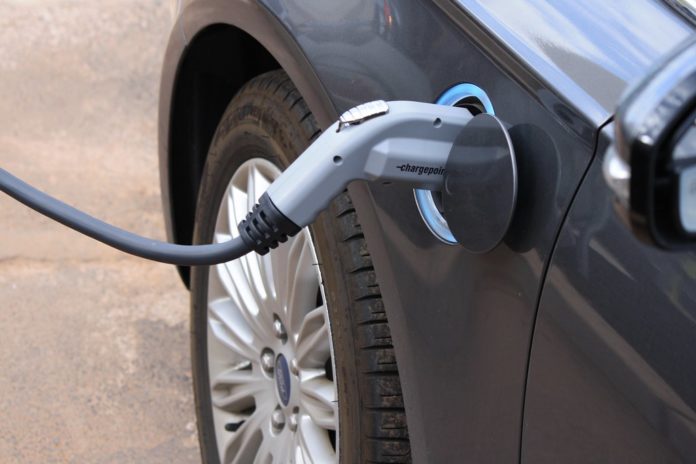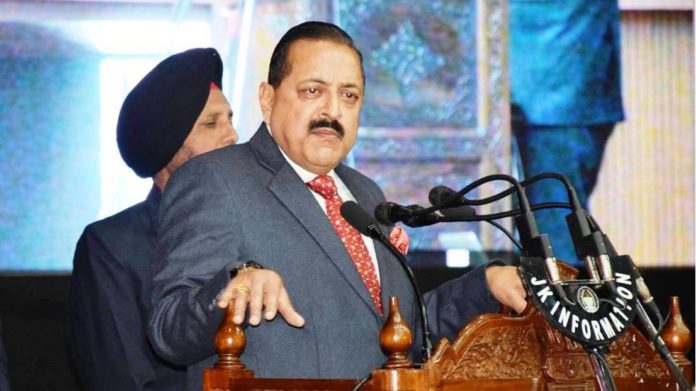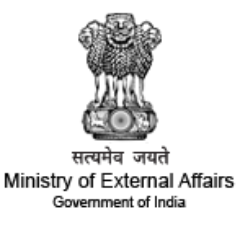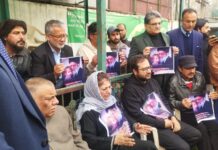Jammu (NVI): Union Territory of Jammu and Kashmir would soon emerge as a model of transformation for the rest of the country, Minister of State in PMO Jitendra Singh said today.
Speaking while inaugurating the first Capacity Building Programme on General Financial Rules-2017, e-Procurement and Government e-Marketplace (GeM) here, he said this was the third major conference being organized in the union territory within a span of two months.
“Since every central law is now applicable to the union territory of Jammu and Kashmir, it was necessary to unlearn the things that were learnt in the past in order to adopt to the new system,” said Singh, who hails from Jammu.
The Minister reiterated that all the Central laws like the Right to Information Act, Land Registration Act, Prevention of Corruption Act and the like, had become applicable to the Union Territory of Jammu and Kashmir right from October 31, 2019.
While referring to a series of workshops and conferences being organised in J&K and cities other than Delhi, Singh said a bamboo workshop-cum-exhibition and a pension adalat would also be organised within this month.
Speaking on the sidelines of the launch of Monitoring Dashboard of Grievance Portal of Government of Jammu and Kashmir, Singh said the increase in the number of complaints was not a negative development but instead showed an increase in people’s faith on the administration and implied improvement in the response and redressal mechanism of the government.
He also mentioned that a central administrative tribunal bench would be established in J&K apart from a law university and a state-of-the-art
sports stadium that were under consideration at various levels.
DARPG Additional Secretary
V. Srinivas said the department had been engaging extensively with the government of Jammu and Kashmir for organising the conference which was the third major conference of its kind in a span of two months in J&K.
He said the conference sought to take forward the commitment to apply all the central laws to the Union Territory of Jammu and Kashmir through proper training and capacity building.
The conference witnessed huge participation of officials from various departments of UT of J&K.
Earlier during the conference, a five-year vision document of Department of Administrative Reforms and Public Grievances was released besides launching a monitoring dashboard of the grievance portal of government of Jammu and Kashmir.
A Memorandum of Understanding and exchange of documents was also done between DARPG, NCGG and IMPARD for the capacity building of 1000 officials of the government of Jammu and Kashmir.
The capacity building program is being conducted by the Department of Administrative Reforms and Public Grievances, government in collaboration with government of Jammu & Kashmir, National Centre for Good Governance (NCGG), National Institute of Financial Management (NIFM) and Institute of Management, Public Administration and Rural Development (IMPARD) for 385 officials of the government of Jammu and Kashmir.

